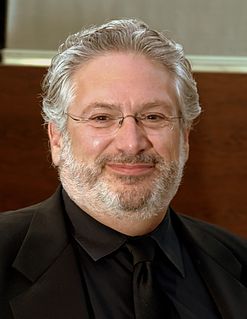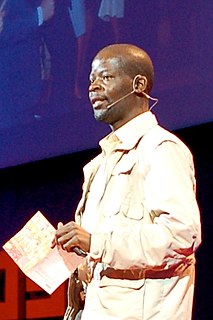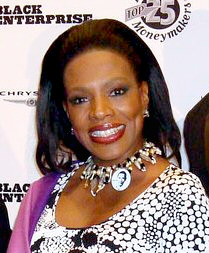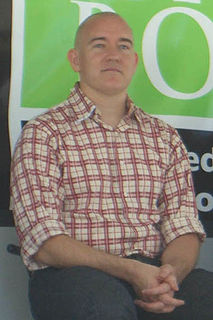A Quote by Gilbert Gottfried
One thing I can take credit for, along with the rest of show business, is when the red ribbons were out, we cured AIDS. Any advancements that came towards fighting AIDS were not done by scientists or doctors - it was people with little ribbons on their lapels.
Related Quotes
I called all the major network news bureaus, including Public Radio, and reported ozone AIDS cures coming out of Europe. Not a single reporter or show called back for details. I wrote and sent documentation to all the 'household word' TV talk show hosts who make their living acting 'concerned' and I tried all the 'AIDS fund raising spokespeople', show business celebs, even sending proof of their home addresses, but as of yet not one single phone call or inquiry came back for more.
The fashion industry is often charged with having kept its blinders on as one Seventh Avenue company after another lost employees to AIDS. Consumers, it was feared, would shun the racks of designers whose names were associated with the disease. And to stand up against AIDS would, in many minds, confirm the business's stereotypical image.
Because gay people were so much more visible, violence against gays was more common and reported on. But they were definitely related to each other. In the wake of AIDS, gay people felt like they had to organize, become much more active and visible. AIDS fostered a gay rights movement that made gay people more powerful and more vulnerable at the same time.
George W. Bush was passionate about AIDS. And we had a 10-minute talk at the interval of a concert at the Kennedy Center about AIDS. And I was astonished about how well-informed he was and his commitment to AIDS. And so it's the typical thing of don't judge a book by its cover until you have read the book.
I can remember in the late 1980s and early 1990s how many men with AIDS I saw everywhere in Key West. There were hospices and medical supply stores geared to people with AIDS. It seemed that every sick man who could afford it had headed for the warmth and the tranquillity and the gay-friendliness of the island.
HIV/AIDS from converted from a lethal disease into a chronic disease because basic scientists' fundamental research was done that illuminated aspects of that virus and allowed the generation of therapies like antiretroviral therapies. And so now HIV/AIDS is not a lethal disease, it is a chronic disease.

































